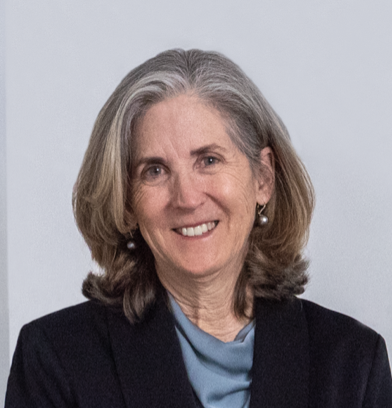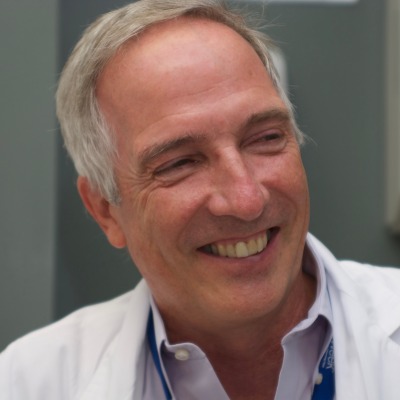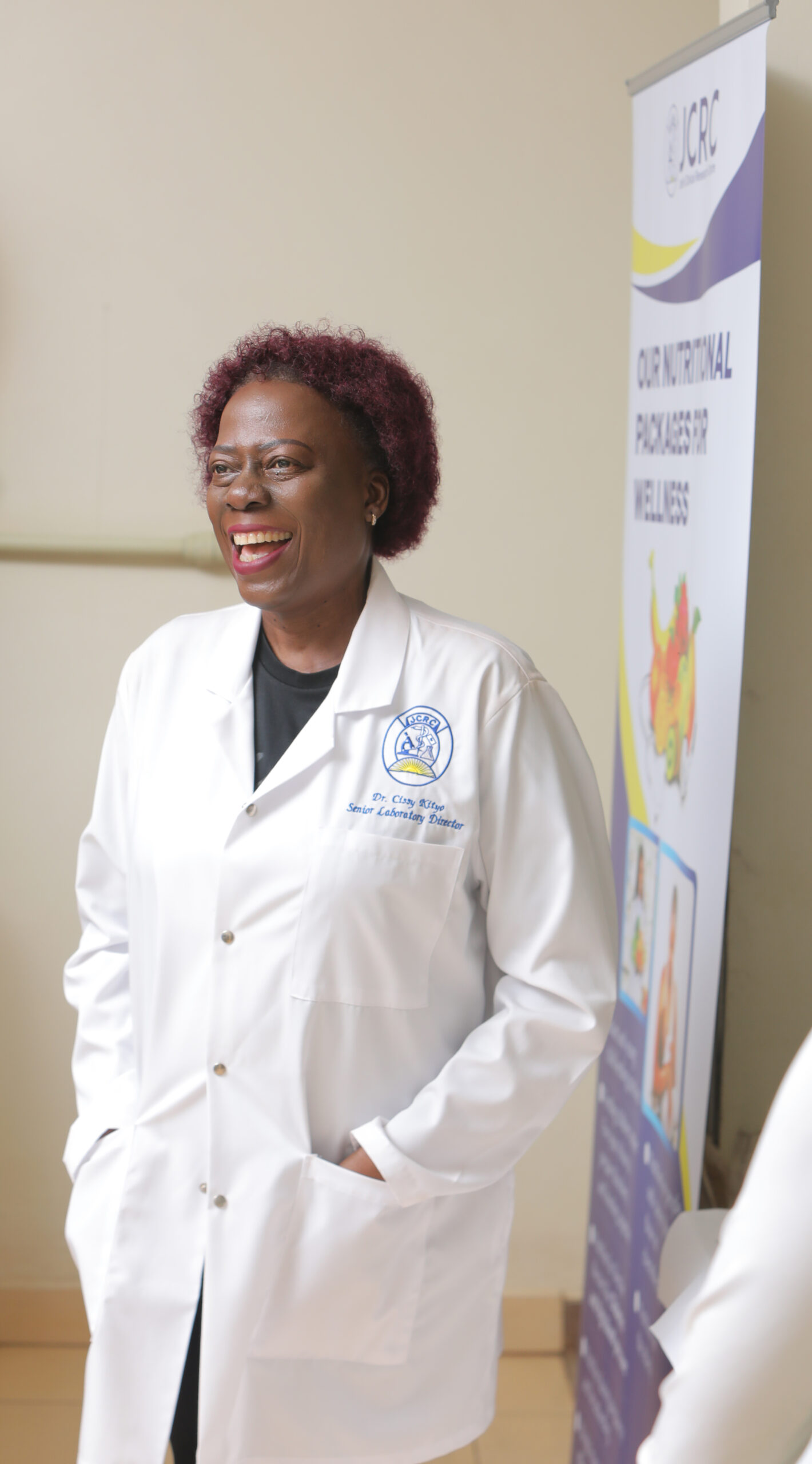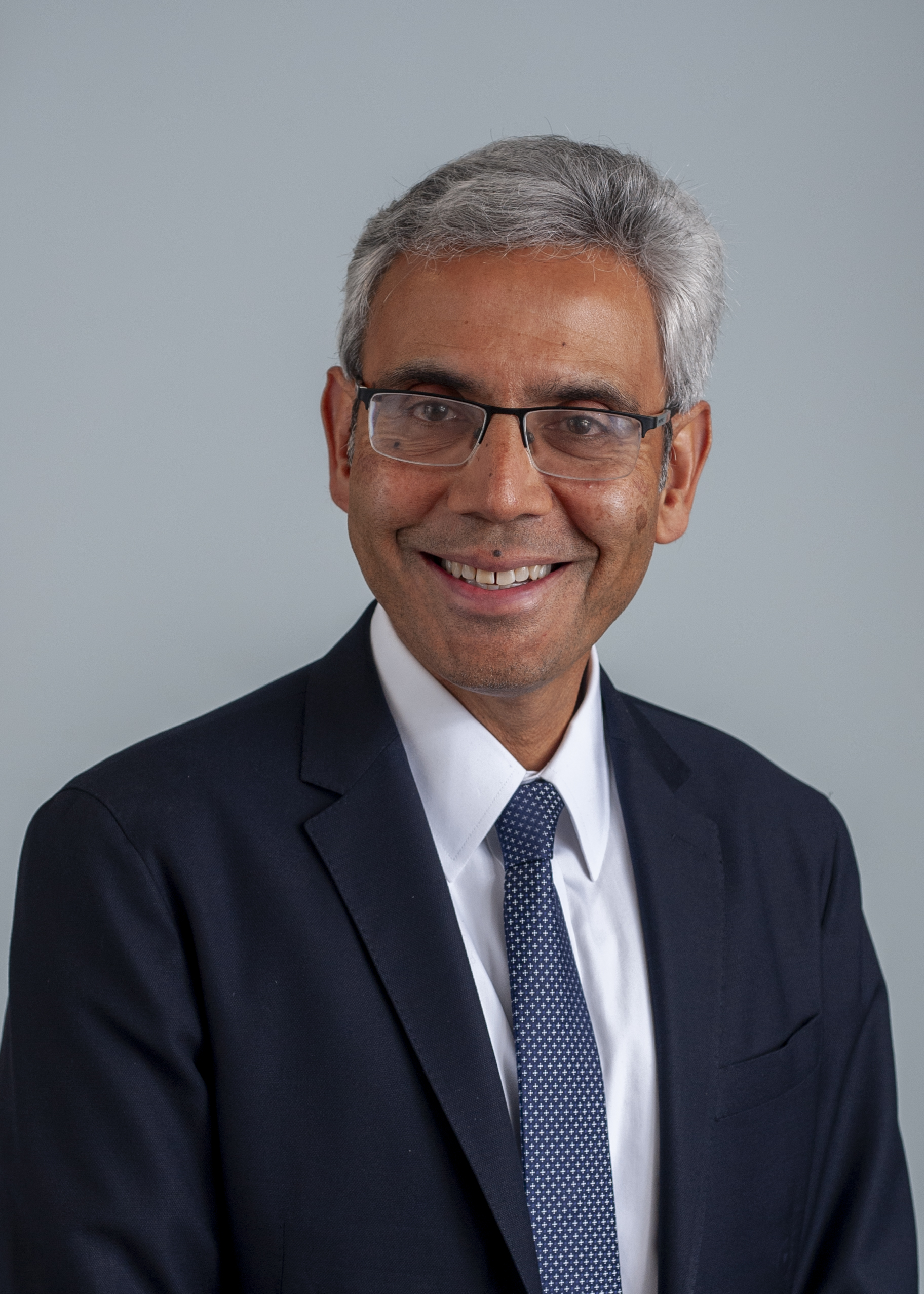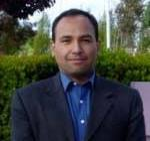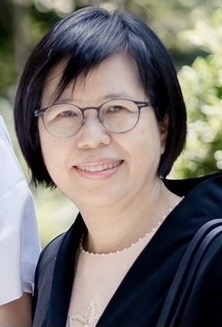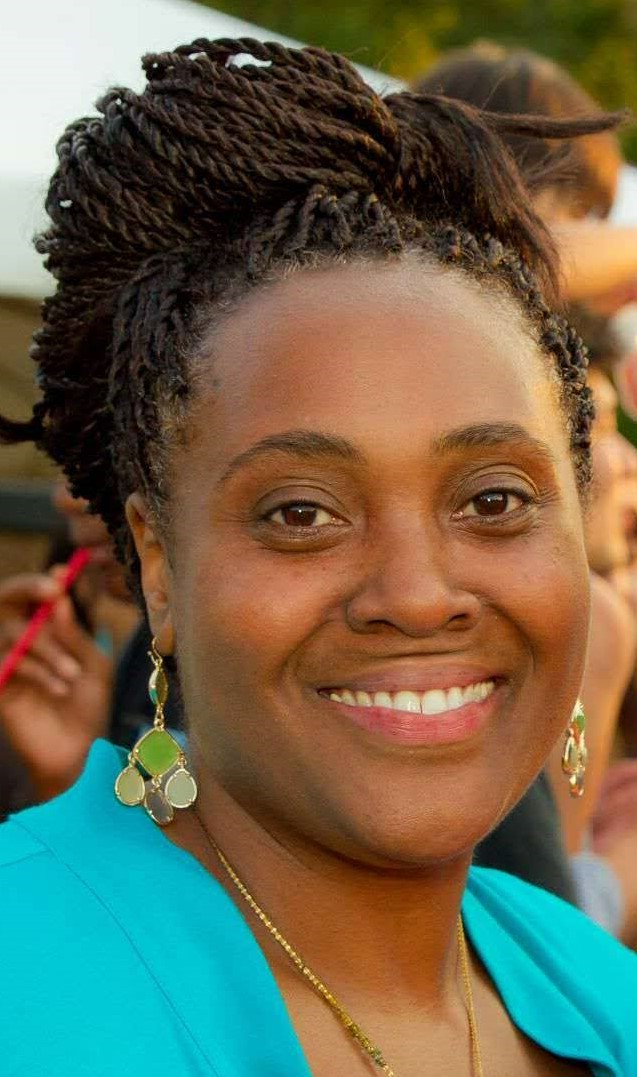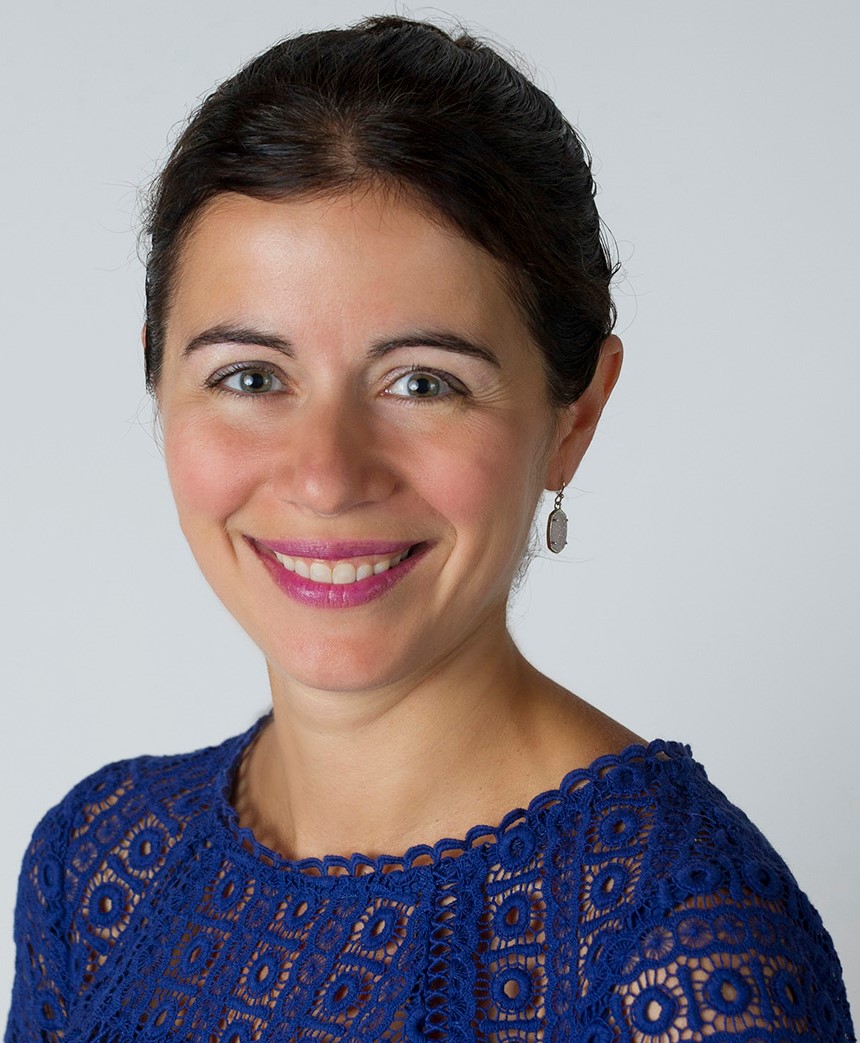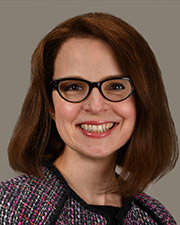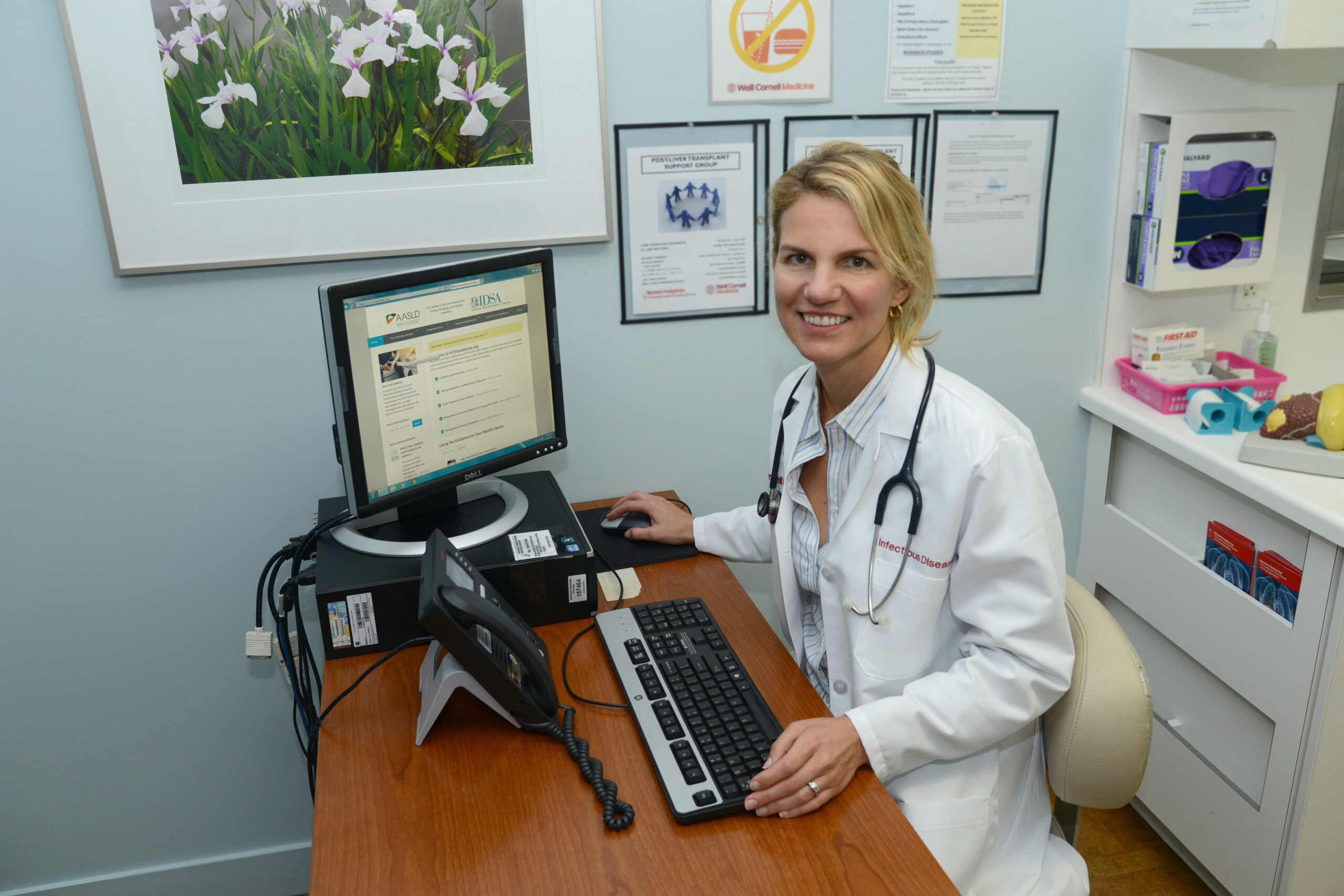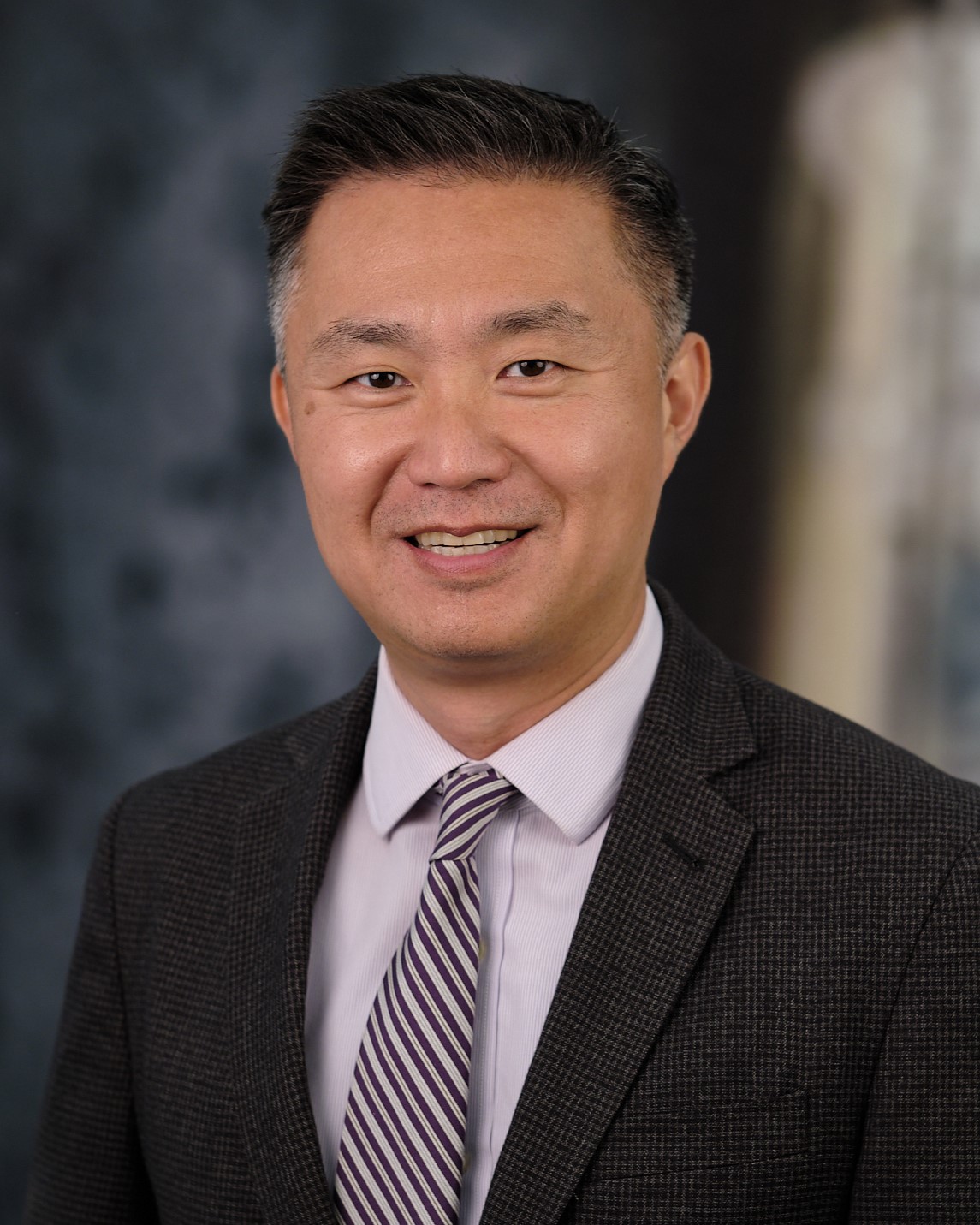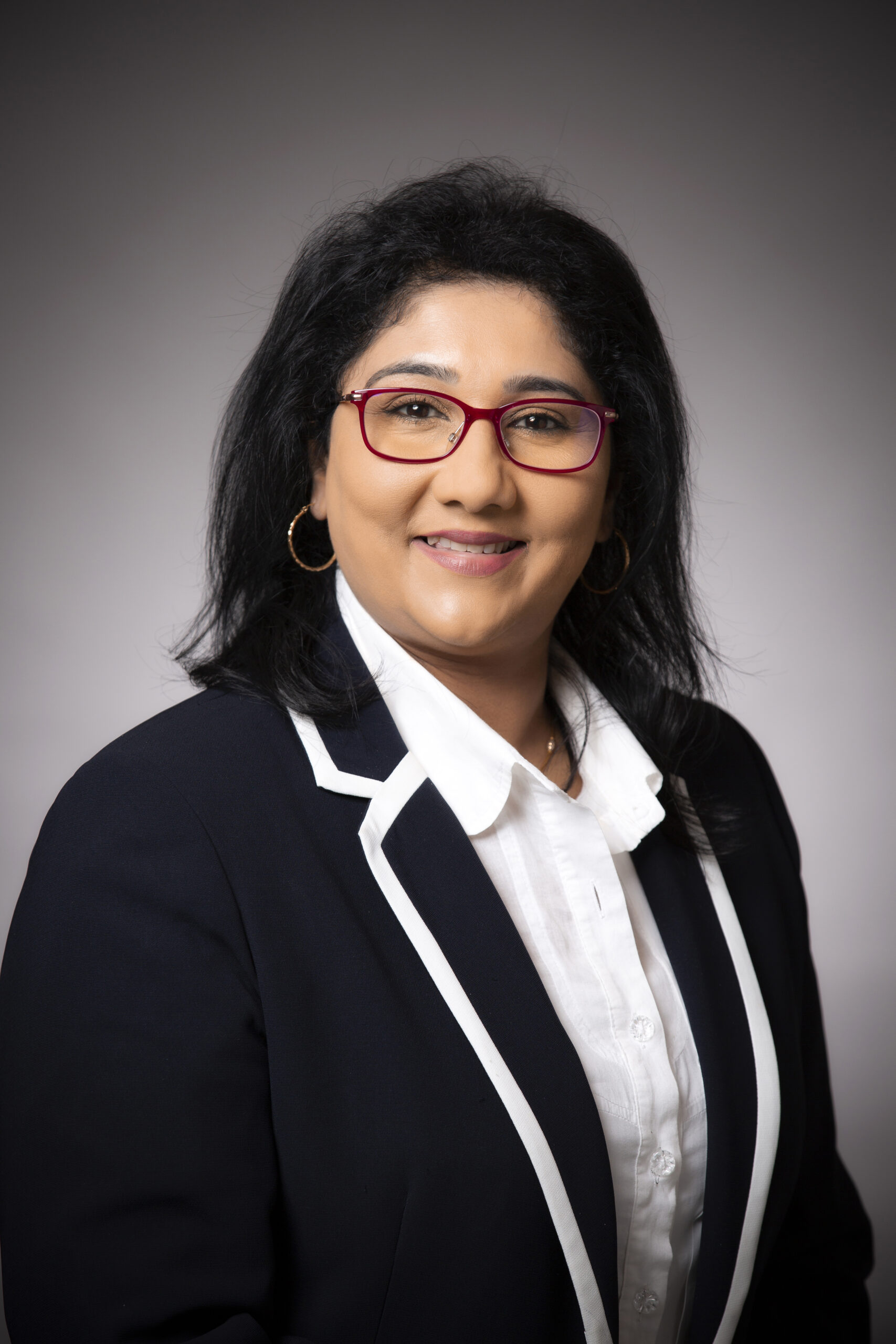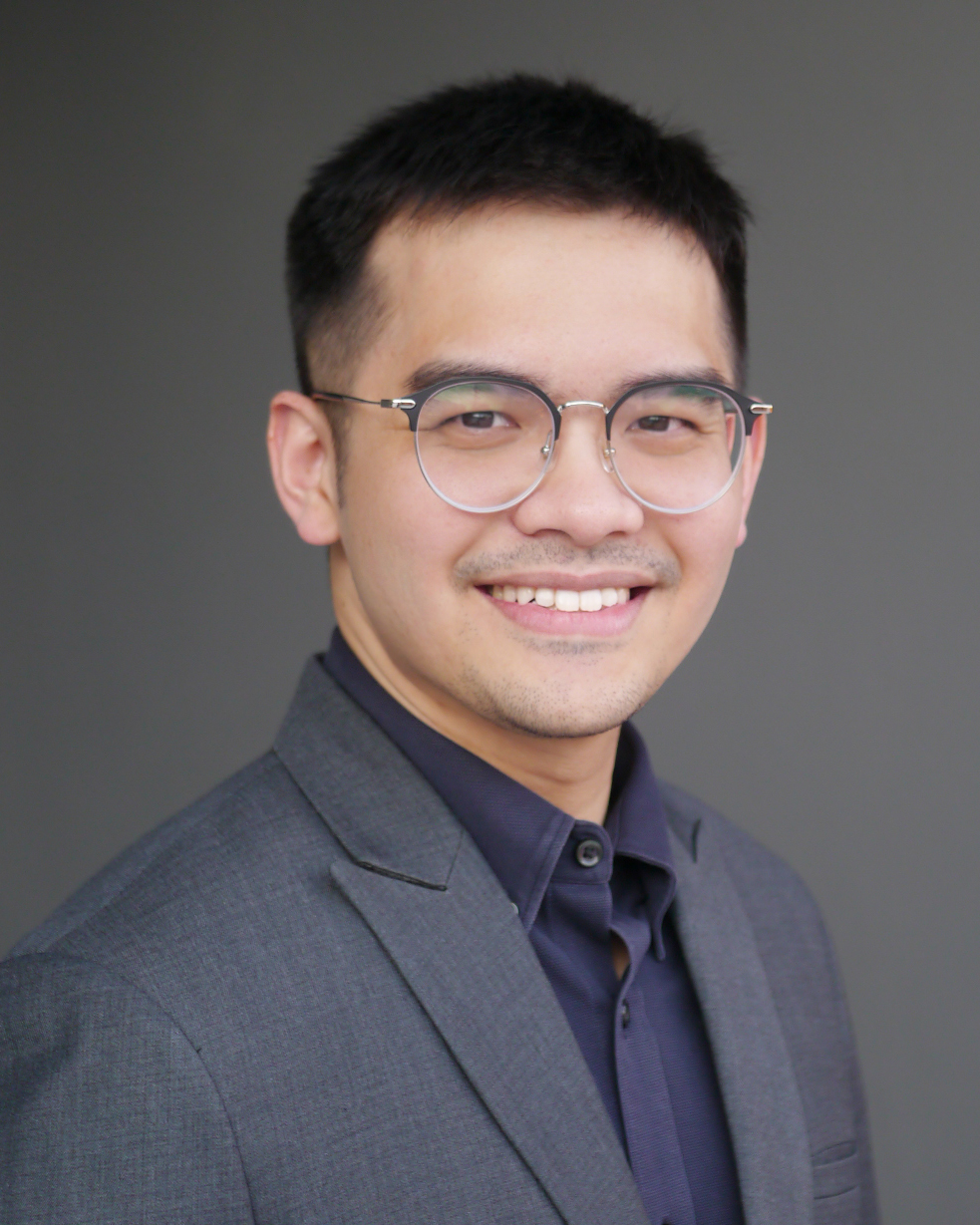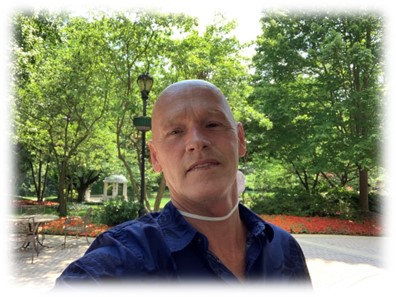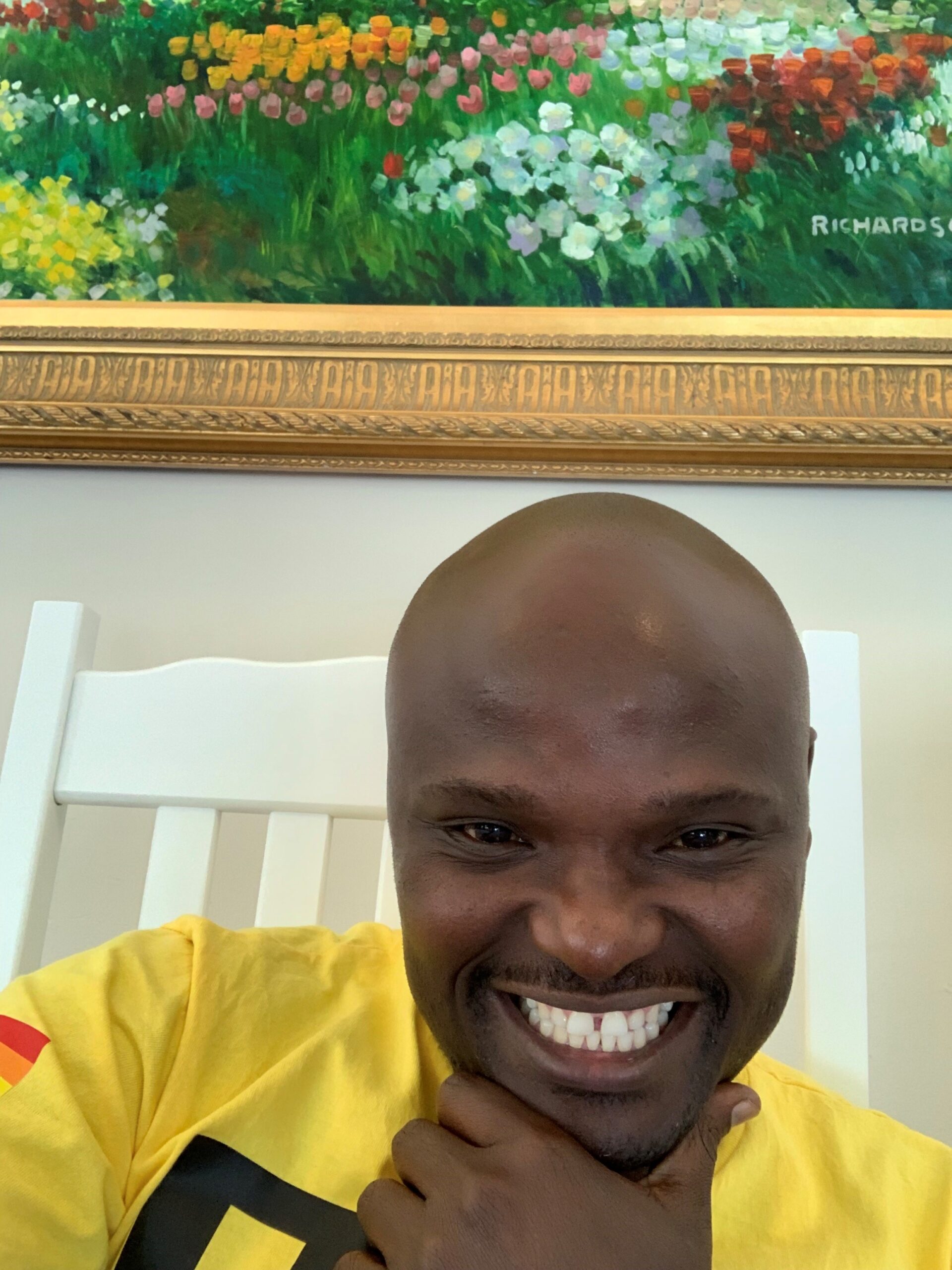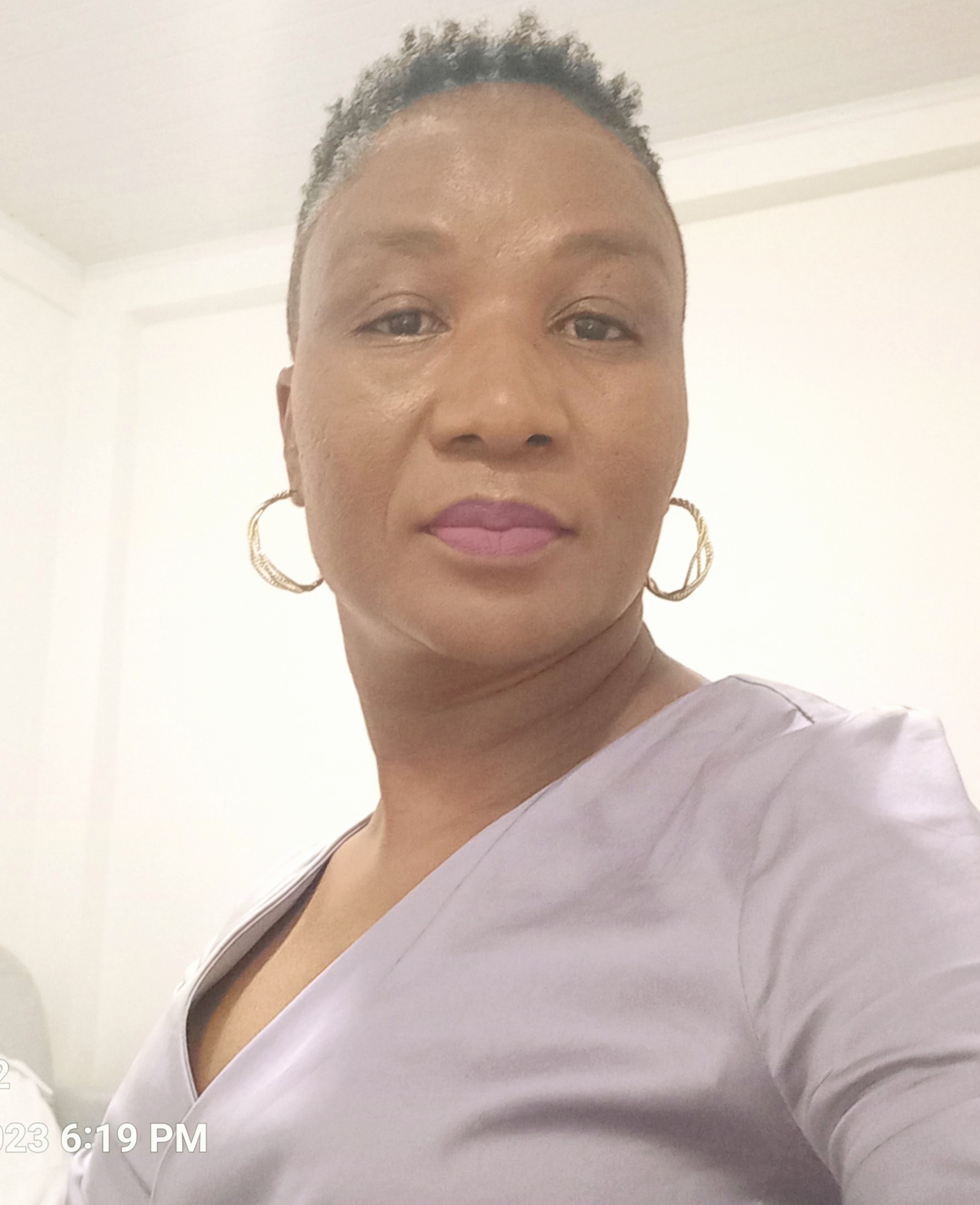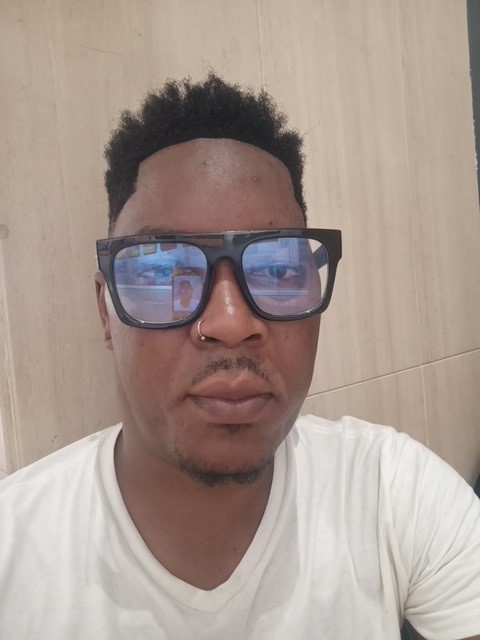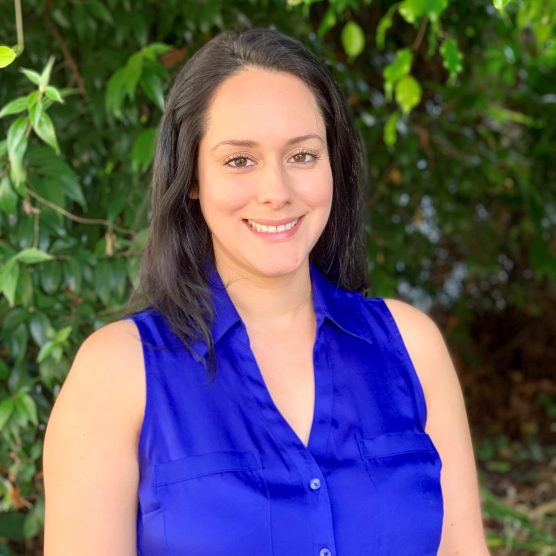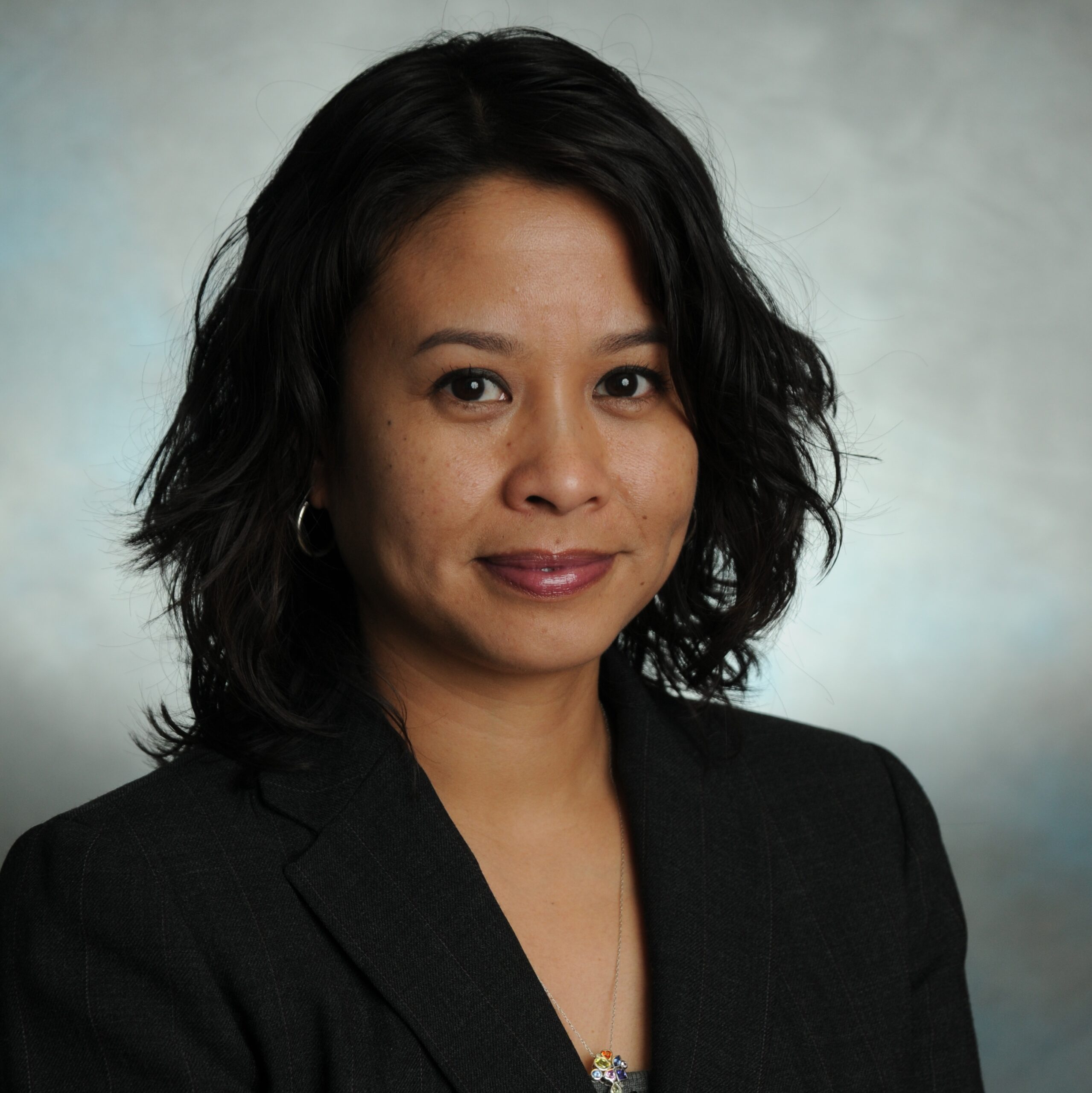ACTG’s executive, scientific, and resource committees work to ensure the network’s scientific agenda remains at the forefront of our research and to prioritize new and emerging scientific insights.
Executive Committee & Network Leadership Steering Committee
ACTG Executive Committee (AEC) is the primary governing body of ACTG, with ultimate responsibility for all scientific, administrative, and fiscal decisions on behalf of the network. The AEC oversees the overall fiscal management of ACTG; develops network bylaws, policies, and procedures; establishes performance standards for network centers and sites; ensures timely analysis and dissemination of study results; and works to enhance representation of vulnerable populations in studies and as investigators in ACTG studies. The AEC is responsible for approving the leadership and membership of ACTG scientific and supporting committees.
ACTG Network Leadership Steering Committee oversees the administrative, scientific, and laboratory management of ACTG and provides guidance to and coordinates the activities of the Leadership and Operations Center (LOC), the Network Coordinating Center (NCC), and the Statistical and Data Management Center (SDMC)
Scientific Agenda Steering Committee
The Scientific Agenda Steering Committee (SASC) oversees all aspects of the development, refinement, and conduct of the ACTG’s scientific agenda and research plan, ensuring a clinical research agenda that addresses the National Institute of Allergy and Infectious Diseases’ (NIAID) scientific priorities and that responds to changes in the field.
International Regional Representatives
The International Regional Representatives (RRs) work closely with the International Vice Chair in support of the non-US Clinical Research Sites (CRSs). The RRs work with the sites in their region to ensure collaboration and information sharing, escalate risks related to study implementation, and promote non-US CRS involvement in the scientific priorities of the ACTG Network.
Behavioral Science Subcommittee of The SASC
The Behavioral Science Subcommittee works closely with all of the ACTG transformative science groups (TSGs) and collaborative science groups in protocol development. The subcommittee includes members with a wide array of behavioral science expertise working together to ensure that the most rigorous behavioral science methods are used to enhance the objectives of ACTG studies.
Data Management Committee
The Data Management Committee (DMC) works closely with the ACTG Data Management Center to develop and implement standardized electronic data collection methods and case report forms. The committee’s clinical, data management, and analysis expertise ensures collection of appropriate data from all sites to address the needs of ACTG clinical trials. The committee also coordinates ACTG’s data collection methods with other NIAID/Division of AIDS networks to ensure consistency.
Performance Evaluation Committee
The Performance Evaluation Committee (PEC) monitors the performance of all key ACTG elements to ensure efficient development, implementation, and completion of clinical trials and the publication of study results. The PEC continuously assesses the structural components of the ACTG including the LOC, NCC, SDMC, specialty and site laboratories, and clinical research sites (CRSs). The PEC’s membership encompasses the network’s CRSs, laboratories, SDMC, NCC, and community representatives.
Site Management & Clinical Care Committee
The Site Management & Clinical Care Committee (SMCCC) oversees logistical processes essential for successful implementation and completion of the ACTG scientific research agenda. The mission of the SMCCC is to provide practical advice and technical expertise in the areas of patient care, data collection and management, and site operations as they relate to the safe and successful execution of ACTG clinical trials. The SMCCC is composed of site coordinators, research nurses, regulatory and data management personnel, pharmacists, and representatives of allied organizations including the NIH Division of AIDS (DAIDS), the Frontier Science Technology and Research Foundation (FSTRF), and community representatives. The SMCCC has two subcommittees and six working groups:
- Protocol Development and Implementation Subcommittee (PDISC)
- Site Operations Subcommittee (SOS)
- Field Representatives Working Group
- Outreach, Recruitment and Retention Working Group
- Pharmacy Working Group
- Data and Quality Management Working Group
- Study Coordinators Working Group
- Training and Education Working Group
Women’s Health Collaborative Science Group
The Women’s Health Collaborative Science Group (WHCSG) works to develop optimal strategies to treat HIV and related complications among women. The WHCSG develops studies that address scientific questions of high importance to the health of women living with HIV and seeks to optimize recruitment, retention, and sex-specific analyses of women in clinical trials. It advises the ACTG on clinical trial language and makes recommendations regarding reproductive, contraception, and pregnancy issues. It serves as a liaison with other networks, groups, and agencies involved in the care and treatment of women to enhance communication and avoid duplication in clinical trials. The WHISC also seeks to mentor junior faculty with careers directed at research into the health of women living with HIV. The current WHCSG scientific agenda seeks to assess optimal therapy for HIV/AIDS, TB, hepatitis, and cure strategies in women living with HIV over the course of their lifetime; identify critical drug-drug interactions between hormonal therapies and antiviral drugs, TB drugs, hepatitis treatment, and cure interventions in women living with HIV; and determine sex differences in comorbidities and responses to their treatments in people living with HIV.
Antiretroviral Therapy Strategies Transformative Science Group
The Antiretroviral Therapy Strategies TSG oversees ACTG studies evaluating the effectiveness of novel treatment strategies (including long-acting antiviral drugs and formulations, broadly neutralizing and other monoclonal antibodies, and novel combinations of biomedical and behavioral modalities) in sustaining virologic suppression and engagement in HIV care globally. The TSG also creates partnerships to evaluate promising treatment delivery technologies, interventions, and strategies; evaluates pharmacokinetic interactions between antiviral agents and other compounds; partners with other networks to strengthen/broaden the evaluation of novel treatment strategies with HIV prevention applications; and assists in the evaluation of novel therapeutic agents for emerging infectious diseases.
Comorbidities Transformative Science Group
The Comorbidities TSG includes clinical, translational, and basic science investigators with expertise ranging from inflammation and its drivers to non-infectious complications of HIV (including cardiovascular disease, weight gain and metabolism, frailty). The CTSG is focused on designing clinical trials of novel interventions to prevent or treat conditions that are driven by unique mechanisms, are more common, or occur earlier in people living with HIV. The CTSG also facilitates studies using existing ACTG data and samples to understand the drivers, and in turn, potential therapeutic approaches, to target comorbidities in people living with HIV.
Hepatitis Transformative Science Group
The ACTG Hepatitis TSG facilitates trials of novel therapeutics for liver disease related to hepatitis B, hepatitis C, and metabolic disorders, with a focus on people living with HIV. The Hepatitis TSG works to determine the best way to understand the efficacy and safety of promising therapeutic compounds and to consider vulnerable populations; encourage and facilitate collaboration between relevant stakeholders in order to facilitate rapid protocol development and study enrollment; educate ACTG sites about candidate selection, drug-drug interactions, and novel strategies; encourage the participation of volunteers from many backgrounds; and encourage the training of the next generation of hepatitis researchers, with a particular focus on international investigators.
HIV Reservoirs And Viral Eradication (Cure) Transformative Science Group
The HIV Cure TSG aims to cure HIV either through the complete elimination of the HIV reservoir (“complete cure”) or by controlling the virus in the absence of antiretroviral treatment (“functional cure”). The Cure TSG aims to fully understand the HIV reservoirs in blood and tissues; identify and validate methods to quantify the HIV reservoir; understand the means by which people have been cured of HIV after bone marrow transplantation, and try to replicate them if possible; better understand the mechanisms that maintain the HIV reservoir and how they relate to immune activation and immune exhaustion; and identify the most promising new therapies to cure HIV and evaluate them in pilot studies.
Tuberculosis Transformative Science Group
The Tuberculosis (TB) TSG is responsible for the development, implementation, and oversight of the ACTG research agenda related to the treatment and prevention of TB with and without HIV co-infection. The TB TSG aims to develop shorter, safer treatment regimens for drug-susceptible and resistant TB; identify optimal TB preventive therapy for drug-susceptible latent TB infection and household contacts exposed to multi-drug resistant TB; identify regimens that treat TB meningitis and isoniazid-monoresistant TB; and optimize TB treatment and prevention for people with TB/HIV co-infection. The TSG also conducts transformative research to describe drug-drug interactions involving anti-TB therapy and ART, improve TB diagnostic assays and biomarkers to predict and detect disease and monitor response to therapy, and develop novel TB clinical trial designs.
Neurology Collaborative Science Group
The Neurology Collaborative Science Group (CSG) is made up of academic neurologists, psychiatrists, pharmacologists, virologists, and infectious diseases specialists. The committee includes working groups addressing HIV and aging, virology, mental health, women’s issues, and HIV cure. The areas of highest priority for investigation by the Neurology CSG include HIV-associated cognitive impairment; HIV eradication and the central nervous system as an HIV reservoir; mental health and behavior of people with HIV; HIV-associated CNS opportunistic infections; neurologic toxicities of ARVs and other drugs; and distal sensory peripheral neuropathy.
Global Community Advisory Board
The ACTG Global Community Advisory Board (GCAB) supports community outreach, education, and participation in research, and represents community concerns in the ACTG. The GCAB provides an opportunity for affected communities and especially participants in ACTG clinical trials to better understand the clinical research process and voice questions or concerns regarding clinical studies and their development, implementation, and outcomes. GCAB members contribute their knowledge, perspective, and lived experiences to efforts to enroll and retain trial participants and advocate on behalf of clinical trial participants. They ensure that trial materials are available in all appropriate languages and promote ethical research practices. Members also have the opportunity to volunteer for protocol teams and subcommittees and mentor new members and ask for mentorship when needed.
Community Scientific Subcommittee of The GCAB
Participation by the community on ACTG committees and protocol reviews is conducted through the Community Scientific Subcommittee (CSS) of the GCAB.
Leadership And Operations Center
The ACTG Leadership and Operations Center (LOC) Administrative Core includes teams focused on Grants & Contracts, Budget & Finance, and Leadership Support and is housed within the Division of Infectious Diseases at the University of California Los Angeles (UCLA). The LOC is responsible for managing all funds awarded to the LOC; developing/negotiating and managing budgets, contracts, and spending; maintaining all LOC administrative and fiduciary records; supporting annual ACTG network meetings and leadership and scientific retreats; maintaining the financial conflict of interest disclosure program; tracking ACTG publications and ensuring compliance with NIH open-access requirements; preparing annual progress reports and other administrative reports to the DAIDS; providing administrative and financial support to the AEC; and coordinating ACTG external communications.
Statistical and Data Analysis Center
Senior-level biostatisticians at the Statistical and Data Analysis Center (SDAC) provide complete statistical support, from study design through data analysis and publication for phase 1 through phase 4 clinical trials, diagnostic studies, and observational studies. These biostatisticians are among the leading experts in clinical trial design and analysis and are associated with the Harvard T.H. Chan School of Public Health. SDAC biostatisticians are core members of each protocol team, providing statistical expertise from study inception through publication and they take a leadership role in designing, conducting, and reporting results from clinical trials and observational studies. In addition, they prepare and present interim analyses of data from clinical trials to independent Study Monitoring Committees and Data and Safety Monitoring Boards; lead self-initiated research, including within-study and cross-study data analysis to address important clinical research questions, and clinical trial and observational study methods research; and mentor and train the next generation of statistician-trialists and investigators from international collaborating research sites interested in the application of quantitative sciences to HIV and other infectious disease research.
Data Management Center
The ACTG Data Management Center (DMC) at Frontier Science Foundation acts as a liaison between the team and the clinical sites for all aspects of study-required data. The DMC facilitates the design and development of electronic case report forms to optimize study data collection; participates in protocol- and site-specific training; monitors the timeliness and quality of study data and works with sites to address issues or delinquencies; provides advice and instruction about the accurate completion of study forms to sites; and prepares data for annual FDA progress reports and others as needed.
Repository Advisory Group
The Repository Advisory Group (RAG) is a collaboration between the ACTG and IMPAACT clinical trials networks to make a large body of specimens collected from network studies available to investigators. These stored specimens were initially collected for studies that have since been completed and they are now available to investigators to conduct new research. The RAG sets all policies and procedures for specimen collection, processing, and shipment for both networks, and monitoring key performance indicators related to sample shipment. The RAG is chaired by the Lab Center PI, the Repository Manager of the Central Specimen Repository (Biomedical Research Institute), and representatives from the ACTG and IMPAACT Lab Centers, the Data Management Center, and DAIDS.
Network Coordinating Center
The ACTG Network Coordinating Center (NCC), housed at Social & Scientific Systems, Inc. (SSS, DLH Holdings Corp Company), collaborates with ACTG leadership to provide technical, scientific, administrative, and project management support and expertise for the network. The NCC coordinates and facilitates implementation of the ACTG scientific research agenda and ensures compliance with network policies and procedures among ACTG leadership, sites, and partners. Among its responsibilities, the NCC provides support for:
- Leadership, scientific, and resource committees; protocol teams; clinical research sites; and community advisors
- Protocol development and implementation and publication of ACTG research
- Site development, assessment, training, and quality assurance
- Network communications, including quality assurance for information stored on the network’s Management Information System (MIS) and secure web-based document management system, integration with Network websites, and coordination with other DAIDS-funded networks
As an ACTG Network Consortium Partner, the NCC Director is a member of the AEC.
Specialty Labs
-
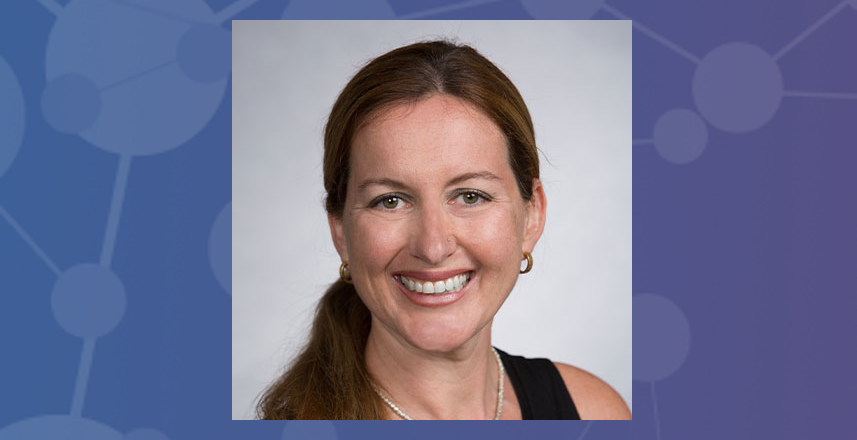
San Diego Virology Specialty Laboratory
Lab Director
Sara Gianella, MD
Lab Contact/S
Sara Gianella | sgianellaweibel@health.ucsd.edu
Lab Address
Stein Clinical Research Building
9500 Gilman Drive,
MC 0679 La Jolla, CA 92093
Area of Interest
Translational Virology, HIV persistence, proviral sequencing, biomarkers, co-infections -
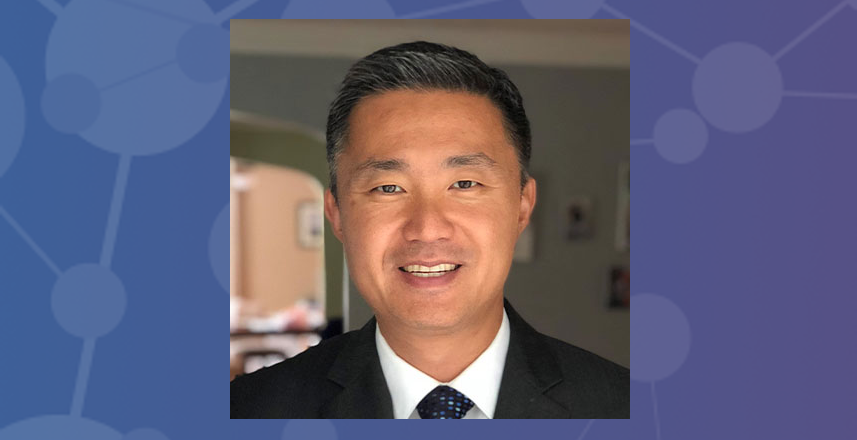
Harvard/Brigham Virology Specialty Laboratory
Lab Director
Jonathan Li
Lab Contact/S
Jonathan Li | jli@bwh.harvard.edu
Lab Address
Li Laboratory
65 Landsdowne Street, Rm 435
Cambridge, MA 02139
Area of Interest
Viral persistence, resistance and evolution -

UNC-Immunology Specialty Laboratory (UNC-ISL)
Lab Director
Nilu Goonetilleke
Lab Contact/S
Nilu Goonetilleke |
nilu_goonetilleke@med.unc.edu (PI)
Yinyan Xu |
yinyan_xu@med.unc.edu
(UNC-ISL Lab Manager)
Lab Address
Genetic Medicine Building
120 Mason Farm Road,
Room 2023A
Chapel Hill, NC 27599
Area of Interest
Human T cell immunology, Infectious Disease, Vaccinology -
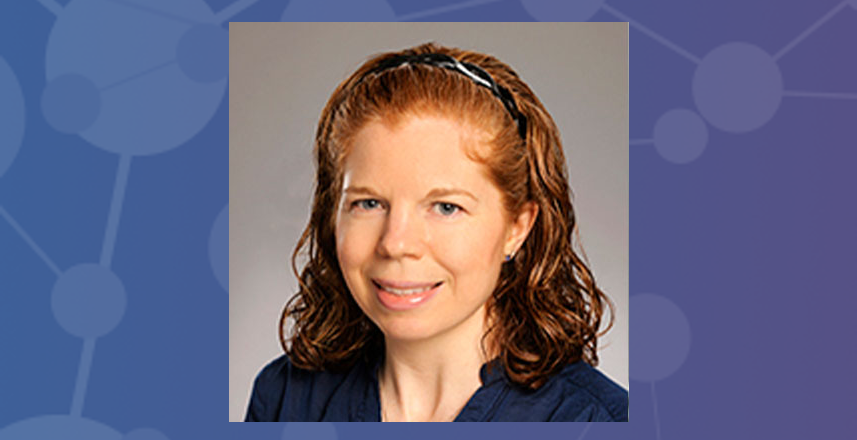
Emory Immunology Specialty Laboratory
Lab Director
Cheryl L. Day, PhD
Lab Contact/S
Cheryl L. Day, PhD |
cheryl.day@emory.edu
Lab Address
Emory Vaccine Center
954 Gatewood Rd NE, Room 1054
Atlanta, GA 30329
Area of Interest
HIV, TB, Cellular Immunology, Immune Correlates, Translational Immunology, Vaccines -

UCT PK Laboratory, Division of Clinical Pharmacology
Lab Director
Gary Maartens
Lab Contact/S
Sandra Castel | sandra.castel@uct.ac.za
Gary Maartens | gary.maartens@uct.ac.za
Lubbe Wiesner | lubbe.wiesner@uct.ac.za
Lab Address
K50 Old Main Building
Groote Schuur Hospital,
Observatory, 7925
Cape Town, South Africa
Area of Interest
TB and HIV -

University of Pittsburgh Virology Specialty Lab
Lab Director
John W. Mellors
Lab Contact/S
Director |
John W. Mellors, M.D | jwm1@pitt.edu
Co-Director |
Urvi M. Parikh, PhD |
ump3@pitt.edu
Co-Director |
Joshua Cyktor, PhD |
joshua.cyktor@pitt.edu
Lab Address
Scaife Hall, Suite 818
University of Pittsburgh School of Medicine
3550 Terrace Street
Pittsburgh, PA 15261
Area of Interest
HIV Remission & HIV Drug Resistance -
Antiviral Pharmacology Laboratory
Lab Contact/S
Fletcher, Scarsi and Podany | Associate Directors
Lee Winchester, lab manager | 402-559-1345 | Lee.Winchester@unmc.edu
Lab Address
UNMC Center for Drug Discovery
University of Nebraska Medical Center
986120 Nebraska Medical Center
Omaha, NE 68198-6120
Area of Interest
Pharmacologic reservoirs for HIV and viral persistence;
antiretroviral therapy and PKPD characteristics;
tuberculosis and management of concomitant medications;
women’s health. -
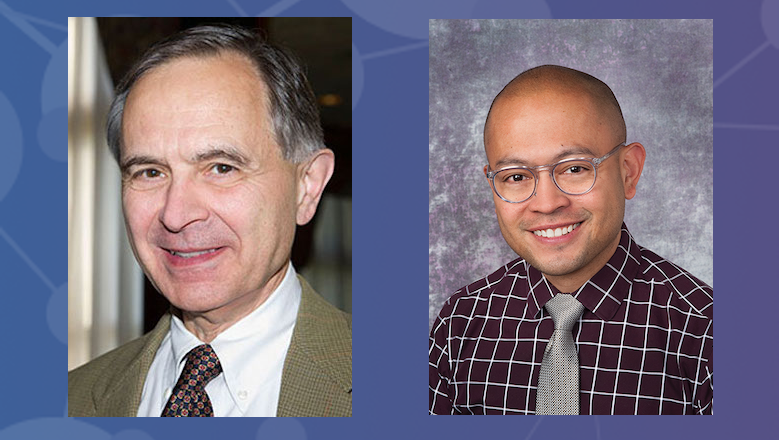
University of Pittsburgh Immunology Specialty Lab
Lab Directors
Charles Rinaldo
Bernard Macatangay
Lab Contact/S
Charles Rinaldo | Phone 412-624-3928 | rinaldo@pitt.edu
Bernard Macatangay | Phone 412-383-1272 | macatangaybj@upmc.edu
Lab Address
Division of Infectious Diseases
University of Pittsburgh School of Medicine
8th Floor Scaife Hall
3550 Terrace St, Pittsburgh, PA 15261
Area of Interest
Viral immunology and immunotherapy -

Colorado Antiviral Pharmacology Laboratory
Lab Directors
Peter Anderson
Jennifer Kiser
Lab Contact/S
Peter Anderson |
peter.anderson@cuanschutz.edu
Jennifer Kiser |
jennifer.kiser@cuanschutz.edu
Lab Address
University of Colorado| Anschutz Medical Campus
12850 E. Montview Blvd
C238-V20-4410
Aurora, CO 80045
Area of Interest
Antiviral Clinical Pharmacology, adherence biomarkers, PrEP, viral hepatitis, special populations with HIV
